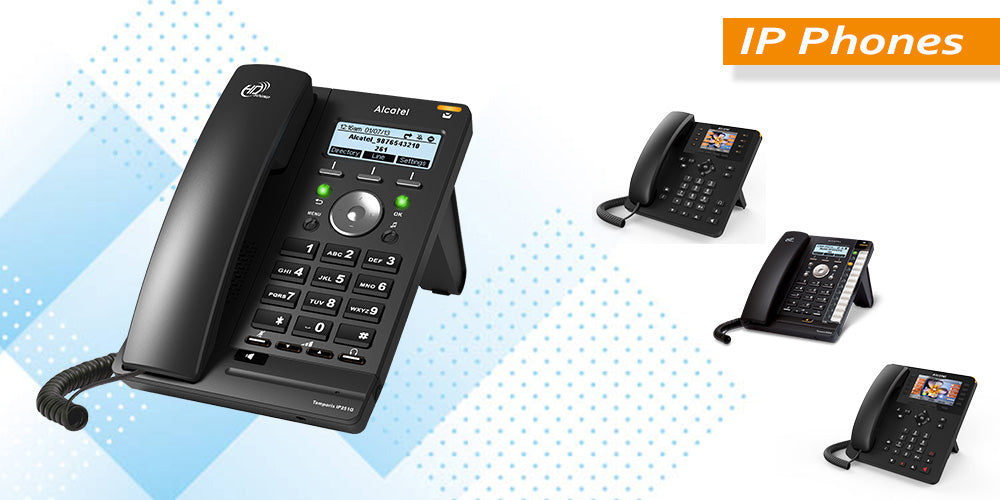An IP phone, also known as a VoIP phone, is a telephone that uses internet protocol (IP) to transmit voice data over the internet rather than traditional telephone lines. This technology has become increasingly popular in recent years due to its many advantages over traditional phone systems. One major benefit of IP phones is cost savings, as they often offer lower rates for long-distance and international calls. They also require less maintenance and fewer hardware components, making them easier to manage.
Another benefit of IP phones is flexibility. Since they are not tied to physical phone lines, they can be used anywhere with an internet connection, making them ideal for remote workers or those who frequently travel. Additionally, IP phones offer a variety of features such as call forwarding, voicemail, and conferencing, which are often included in the base price and can be easily managed through an online portal.
Security is also a major concern for businesses, and IP phones offer several advantages in this area. Calls made using IP phones are encrypted, making them more difficult for hackers to intercept or eavesdrop on. Additionally, many IP phones offer advanced security features such as secure logins and access controls, helping to protect sensitive business information.
While IP phones offer many benefits, they also have some potential drawbacks. One potential issue is call quality, which can be affected by factors such as network congestion or poor internet connection. Additionally, some users may find the transition from traditional phones to IP phones to be difficult, as they may require training or adjustments to their workflow.
Overall, IP phones offer numerous advantages over traditional phone systems, including cost savings, flexibility, and advanced security features. As technology continues to evolve, it is likely that IP phones will become even more widespread and continue to improve in terms of both functionality and ease of use.

